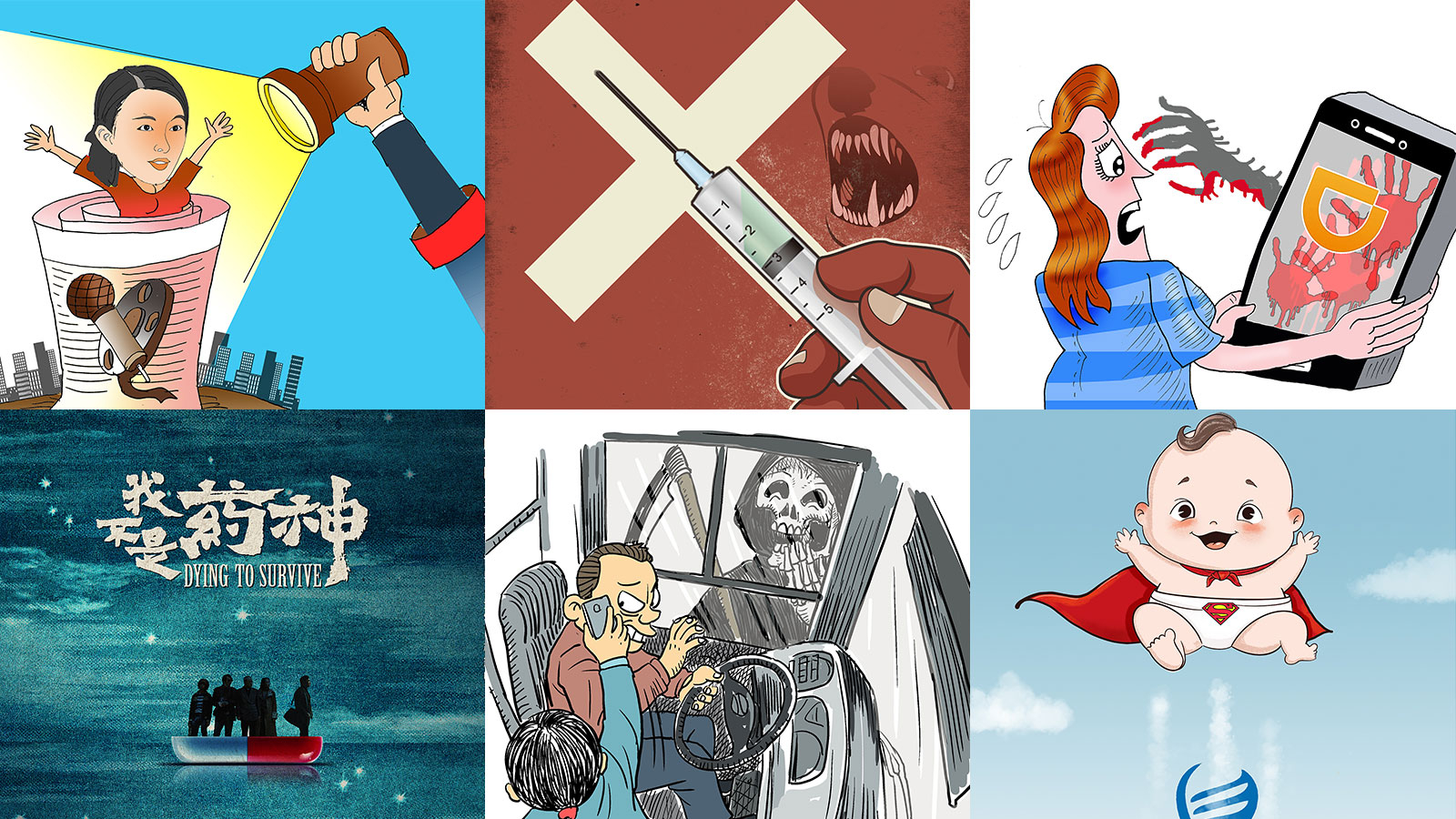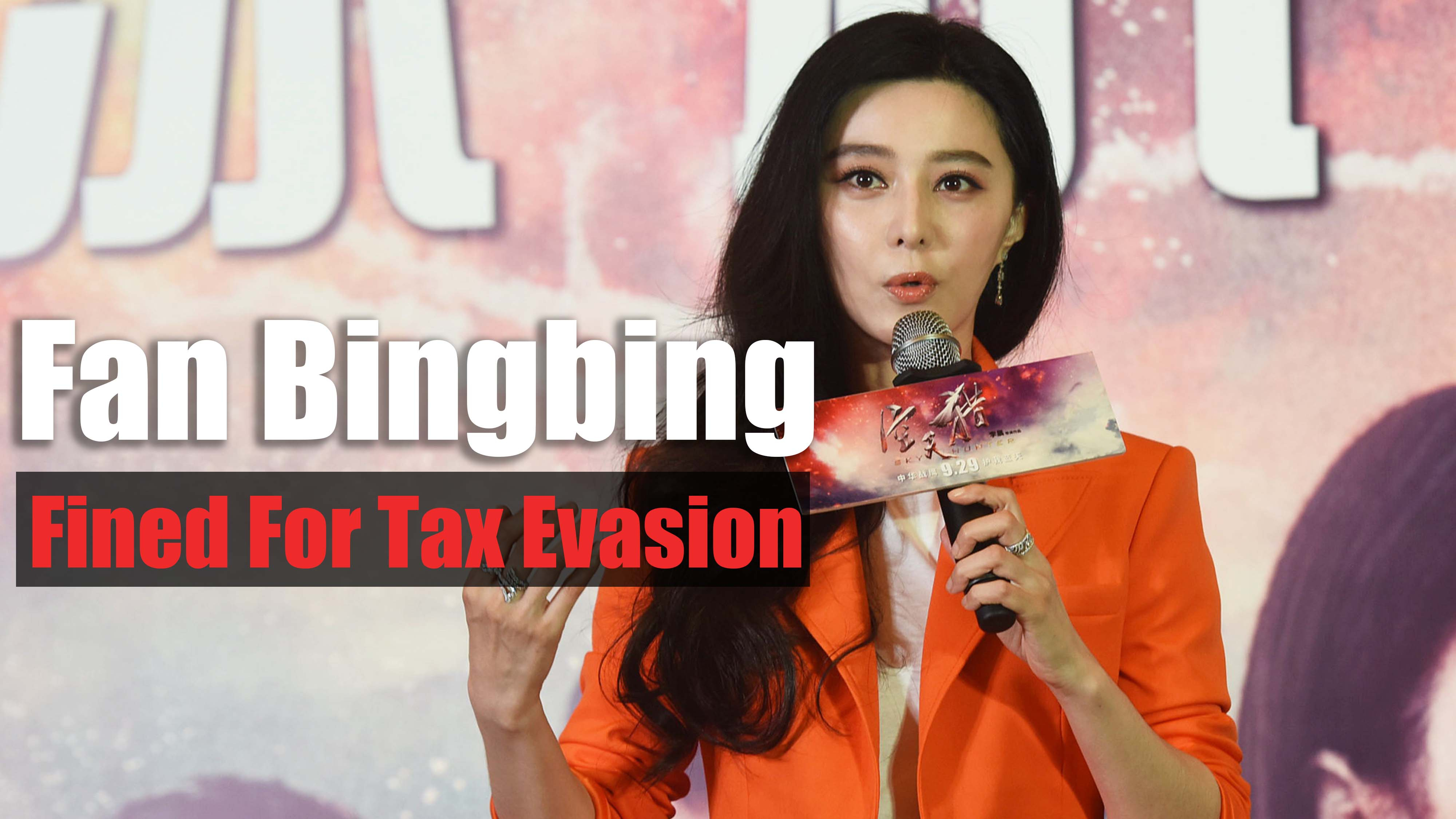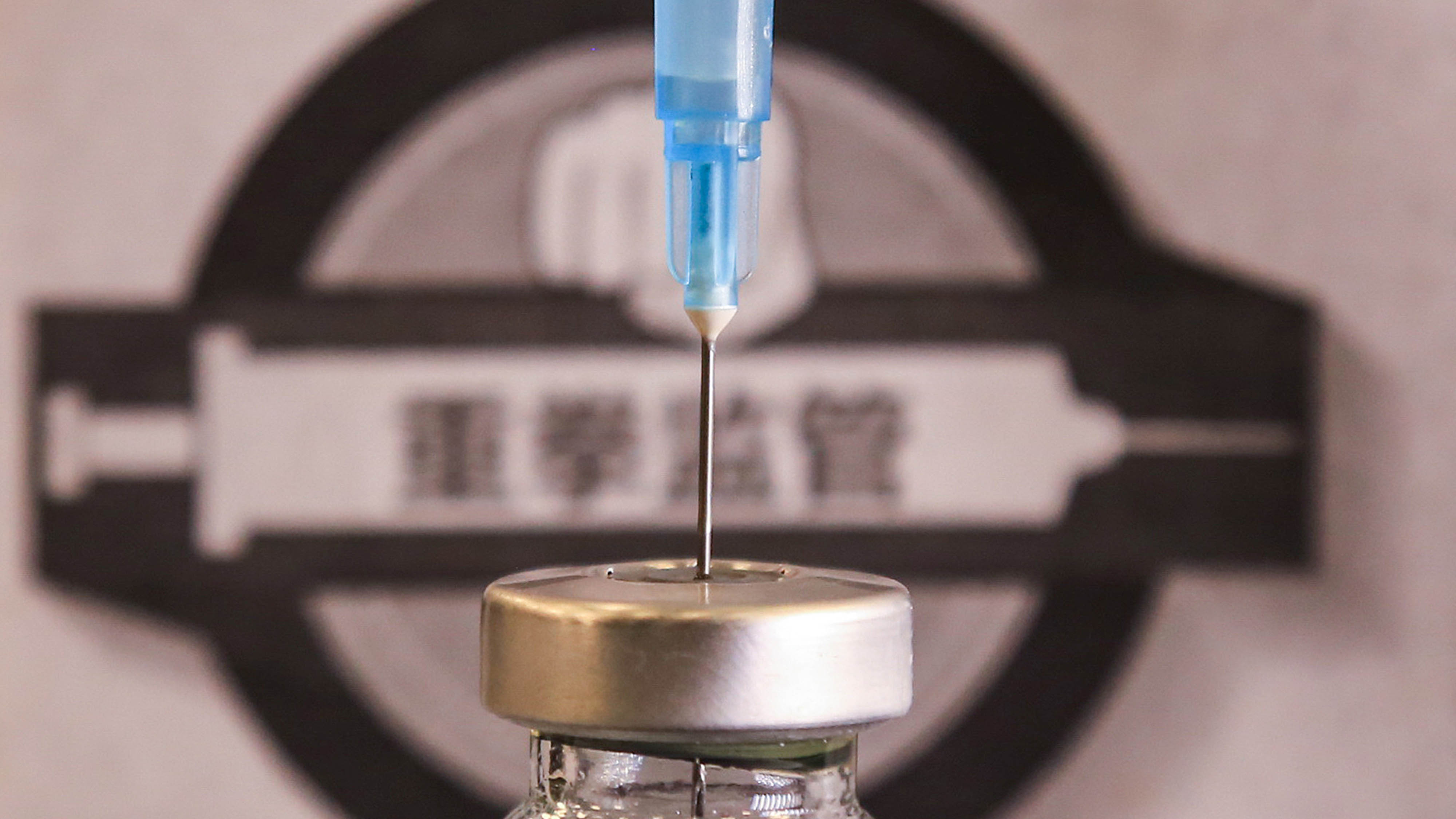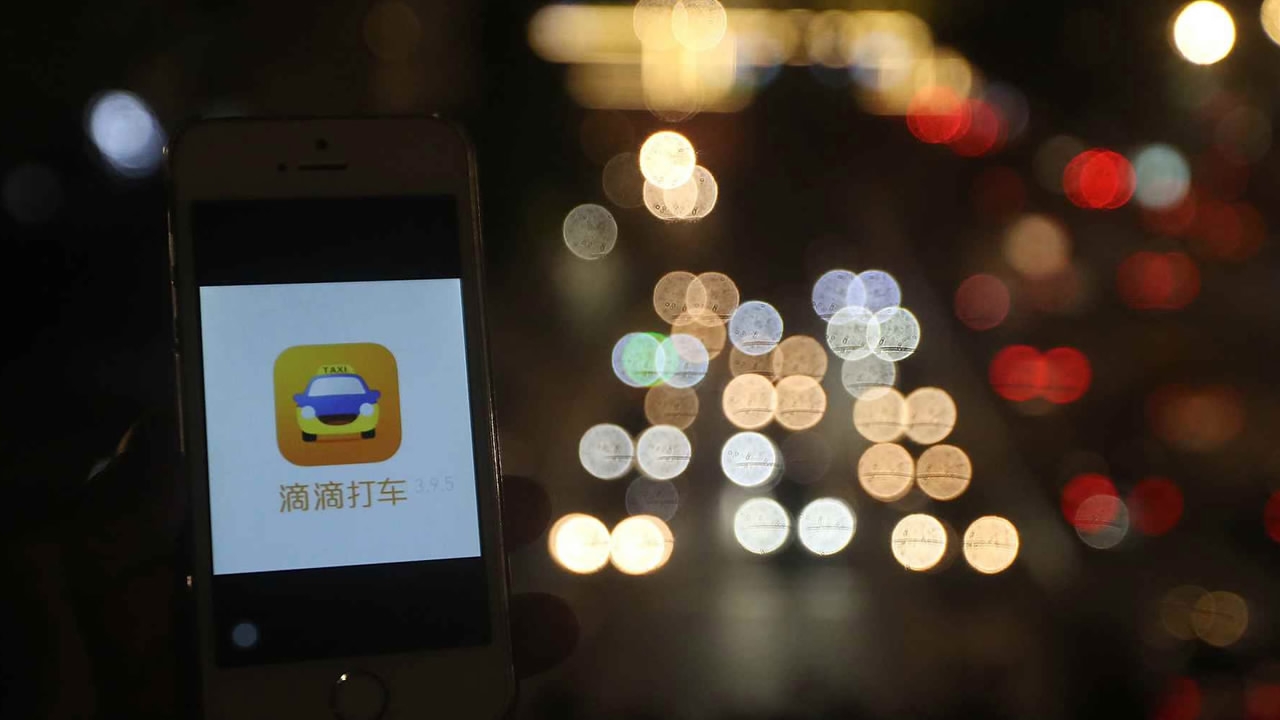
China
22:23, 25-Dec-2018
Chinese society: The good, bad and ugly of 2018 (I)
Updated
21:29, 28-Dec-2018
By Wang Xiaonan

The year 2018 is drawing to a close. Looking back, waves rippled across Chinese society. We saw good and bad things, we felt grief and joy, we lamented social ills and also lauded progress.
We've selected six events that have defined the year. These heart-wrenching tragedies, controversial scandals as well as hard-earned advancements unleashed humanity's darkest instincts as well as demonstrated the triumph of the human spirit so that we find our future not that far from assured.
The article is the first in a two-part series on the controversial social issues of China in 2018. Read the second part on Thursday.
00:39

The Fan Bingbing saga
China's A-list actress Fan Bingbing ignited wild speculation after she disappeared this summer. The scandal started with former CCTV anchor Cui Yongyuan revealing in late May that Fan was paid through "yin and yang contracts." Since contracts specify how much a celebrity gets paid, a "yang" contract reports a lower value to tax authorities while the undisclosed "yin" contract specify the actual, much higher, value of compensation. Cui exposed this common showbiz practice, saying that Fan earned a total of 60 million yuan (8.7 million U.S. dollars) for only four days of work.
In early June, Chinese tax authorities started investigating tax evasion in the film industry, announcing new rules in an attempt to crack down on "money worship" for celebrities. The rules capped actors' pay in Chinese films and TV shows at 40 percent of total production costs, and at 70 percent of total cast pay for lead actors.
The move has dealt a heavy blow to China's film industry, and also triggered an exodus of media companies from Horgos – a tax haven in northwest China's Xinjiang Uygur Autonomous Region.
Fan, 37 years old with 62 million followers online, dropped off the radar in June. She didn't reappear until October, offering an apology saying she was "deeply ashamed" and promised to pay an astronomical 884 million yuan (128 million U.S. dollars) in overdue taxes and fines for herself and affiliated companies.
Tax authorities have also warned celebrities who underreported their earnings that they will be spared from fines if they pay overdue taxes by the end of the year.
Fan's tax travails have further prompted Chinese authorities to crack down on big pay in the flamboyant industry. The flame has burned beyond the entertainment sector by banning all citizens who own over 100,000 yuan (14,495 U.S. dollars) in overdue taxes from leaving China. The previous threshold was one million yuan (144,945 U.S. dollars).
02:48

The vaccine scandal
Public panic gripped China in the middle of the year when news of drug makers widely distributing low-quality vaccines tumbled out.
Authorities discovered that the major pharmaceutical company Changchun Changsheng Biotechnology sold over 250,000 sub-standard vaccines that inoculate children against tetanus and diphtheria. It was also fined over 1.3 billion U.S. dollars for illegally producing a human rabies vaccine, using expired fluids in some of its batches.
Revelations of illicit activity followed, as authorities found out that the state-owned vaccine maker Wuhan Institute of Biological Products had given over 150,000 people low-quality vaccines.
Hysteria gripped China's social media, with worried parents and other netizens questioning how such misconduct from reputable firms could have potentially harmed hundreds of thousands of children by not properly inoculating them against the intended diseases.
These concerns prompted regulators to pass a law specifically targeting vaccines, fining manufacturers that violate regulations regarding their production and distribution. Fines go up to as high as five million yuan (720,000 U.S. dollars).
Changchun Changsheng's chairwoman and 14 others were also taken into custody, while senior officials at the country's drug regulator have been fired. Meanwhile, multiple investigations into alleged violations regarding vaccine producers are ongoing.
But once consumer confidence is damaged, how long will it take to rebuild trust in these "eminent" brands?
01:27

The Didi murders
Didi was embroiled in safety scandals twice this year, sparking a vehement boycott of China's largest ride-hailing app – once touted to be a hymn of sharing economy.
In May, a 21-year-old flight attendant was raped and killed by a Didi Hitch driver in Zhengzhou, central China's Henan Province. Then the murderer Liu Zhenhua was found to have committed suicide. Three months later, a similar incident took place in eastern China's Zhejiang Province despite Didi's efforts to revamp. A 20-year-old female passenger was raped and then stabbed in the neck by 27-year-old Zhong Yuan.
In response, Didi sacked two senior executives and temporarily suspended the car-pooling service. What exactly is the Didi Hitch service? It's actually a matchmaker between private drivers and passengers of the opposite sex while providing the latter with a cheaper ride. On the app, drivers could leave personal tags and rate their passengers on the app. But this function was largely unknown to users and consequently abused by many.
The tragedies elicited a barrage of harsh criticism on Didi's diminishing corporate credibility and car-sharing monopoly. There were even claims that consumption downgrading among the Chinese middle class partly contributed to the cases.
Taking a closer look, both drivers were second-generation migrant workers who lacked parental love and guidance and a stable family. They were also poorly educated and obsessed with peer-to-peer lending.
The 1980s saw the first influx of peasants to cities to build a modern China. Over the decades, more rural residents forsook their farmland and headed to the cities in search of prosperity. At present, China has over 260 million migrant workers, more than half of whom belong to second-generation workers mainly composed of left-behind children and migrant minors. Given a turbulent life, crime rates among them have been increasing over the years. For them, life is hard, and possibly broken.
Besides holding Didi accountable for passenger safety, we may have to take into account social ailments that accompany economic takeoff to prevent such tragedies from happening ever again.
Read more: Are drivers using Didi to commit sex crimes?

SITEMAP
Copyright © 2018 CGTN. Beijing ICP prepared NO.16065310-3
Copyright © 2018 CGTN. Beijing ICP prepared NO.16065310-3